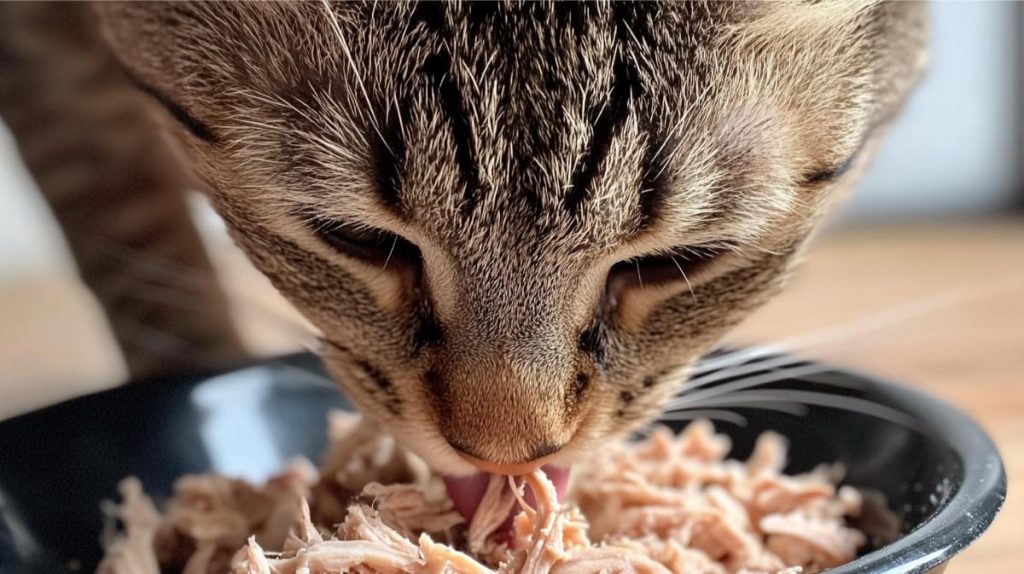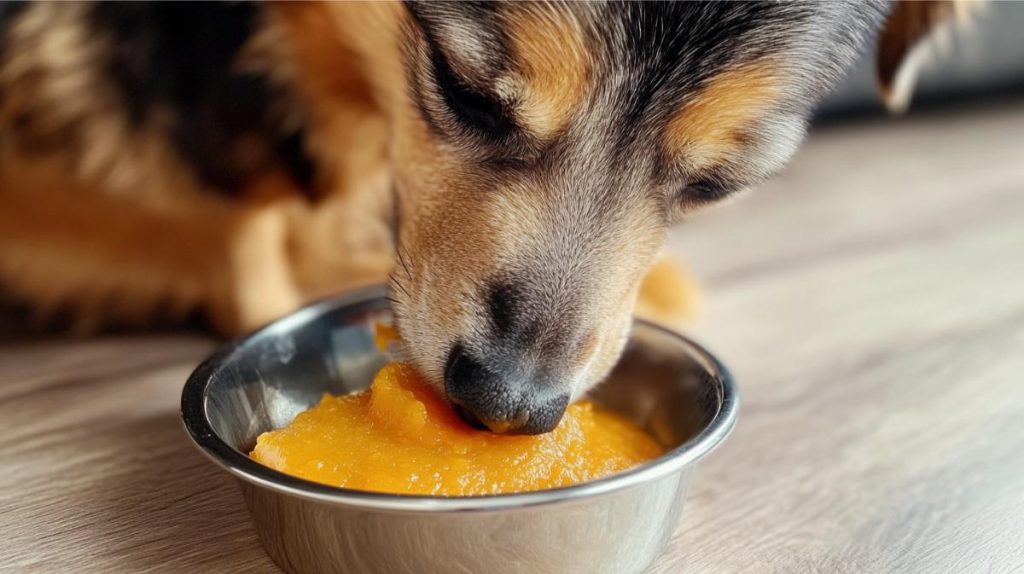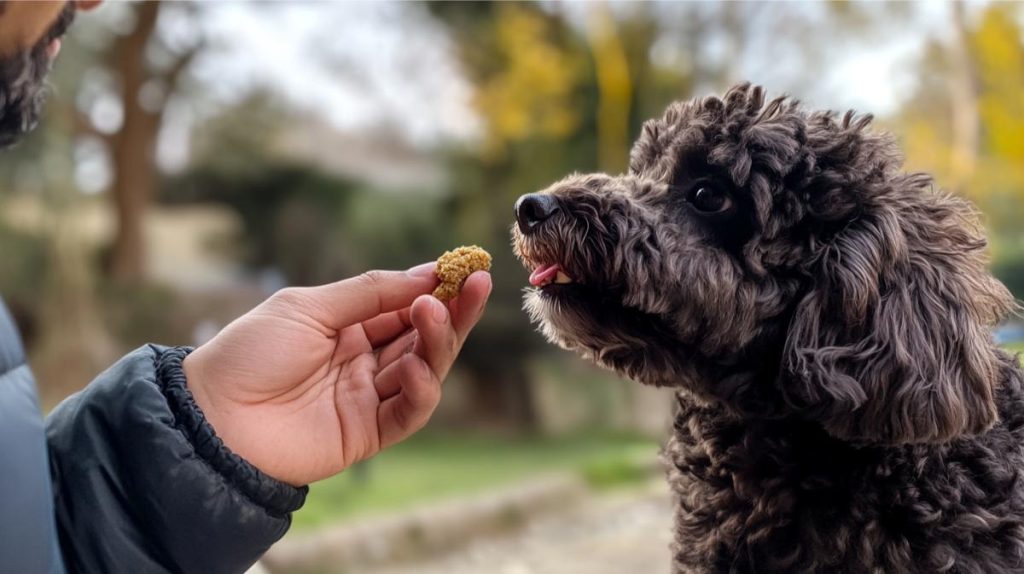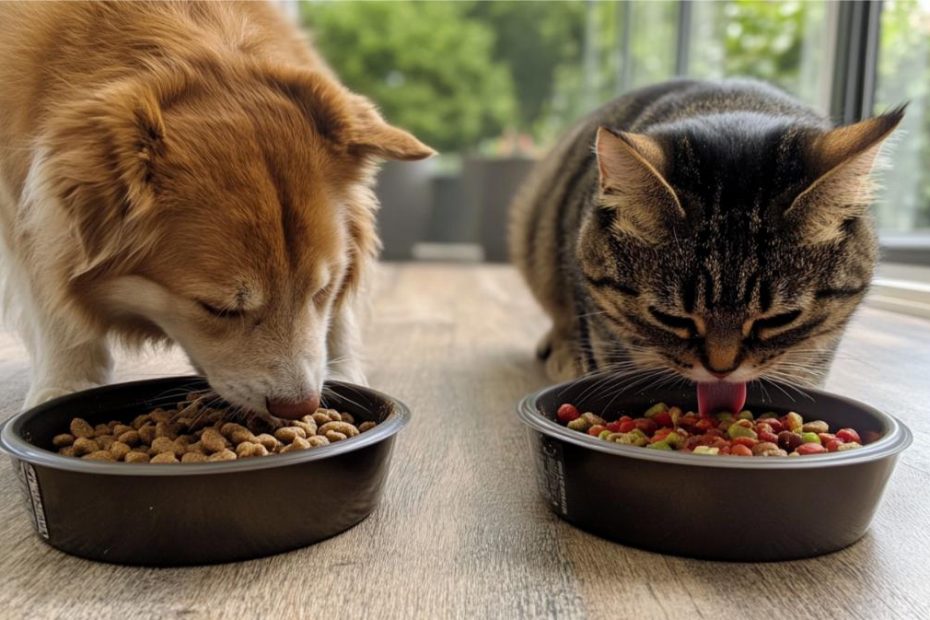Pets are more than just furry companions. They’re family members who rely on us for their health and happiness.
Just like humans, animals need the right balance of nutrients to thrive. A balanced diet is crucial for your pet’s overall health, energy levels, and longevity.
When you feed your pet a well-rounded diet, you’re giving them the building blocks for a healthy life. This means providing proteins for strong muscles, fats for energy, and carbohydrates for fuel.
Don’t forget about vitamins and minerals – they’re essential for everything from a shiny coat to a strong immune system.
Think of your pet’s food bowl as their personal fountain of youth. By filling it with the right mix of nutrients, you’re not just satisfying their hunger – you’re investing in their future.
So next time you’re picking out pet food, remember: you’re not just a pet owner, you’re a nutrition superhero!
Key Takeaways
- A balanced diet is essential for your pet’s health and longevity
- Proper nutrition supports muscle strength, energy levels, and immune function
- Choosing the right pet food is a key part of responsible pet ownership
Dishing Out a Nutritious Menu
Creating a balanced diet for your furry friend is like being a pet chef! Let’s look at the key ingredients that’ll keep your pet’s tail wagging and whiskers twitching with joy.
Macronutrient Magic: Proteins, Fats, and Carbs

Proteins are the building blocks of your pet’s body. They’re crucial for muscle growth, repair, and overall health. Look for animal-based proteins in your pet’s food, as they’re more easily digestible.
Fats might sound scary, but they’re essential for your pet’s energy and coat health. Omega-3 fatty acids are particularly beneficial, supporting brain function and reducing inflammation.
Carbs aren’t just for humans! They provide quick energy for your pet’s playful antics. Whole grains are a great source, but remember, pets need fewer carbs than us bipeds.
Pro tip: Check the pet food label. The first ingredient should be a high-quality protein source. Your pet will thank you with extra cuddles!
The Vital Vitamins and Mighty Minerals
Vitamins are like tiny superheroes in your pet’s body. They support everything from eyesight to immune function. A balanced diet should provide most of these, but sometimes supplements are needed.
Minerals are the unsung heroes of pet nutrition. Calcium and phosphorus work together for strong bones and teeth. Magnesium helps with nerve and muscle function.
Here’s a quick rundown of some key micronutrients:
- Vitamin A: Good for eyesight and skin
- Vitamin E: Antioxidant powerhouse
- Iron: Crucial for healthy blood
- Zinc: Supports skin and coat health
Remember, too much of a good thing can be bad. Always consult your vet before adding supplements to your pet’s diet.
The Appreciated Add-Ons: Fiber and Water

Fiber might not be glamorous, but it’s a digestive superstar! It helps keep your pet’s tummy happy and their bathroom habits regular. Pumpkin is a great natural source of fiber for pets.
Water is the unsung hero of pet nutrition. It’s essential for digestion, temperature regulation, and pretty much every bodily function. Make sure your pet always has access to fresh, clean water.
Fun fact: Some pets prefer running water. A pet fountain might encourage your furry friend to drink more!
Remember, every pet is unique. What works for your neighbor’s pup might not be perfect for your kitty. Always tailor your pet’s diet to their specific nutritional needs.
Creating the Perfect Plate for your Pooch and Pals
Feeding your furry friends isn’t just about filling their bowls. It’s about crafting meals that keep tails wagging and whiskers twitching with joy.
Let’s look into the art of pet meal planning!
Age Appropriate Bytes: From Puppies to Seniors
Your pet’s age matters when it comes to chow time. Puppies need extra protein and fat to fuel their boundless energy and growth. Adult dogs require a balanced diet to maintain their healthy body condition.
As your pooch enters their golden years, they might need fewer calories but more fiber. Senior pets often benefit from foods that support joint health and cognitive function.
Remember, one size doesn’t fit all! A Great Dane puppy’s needs differ vastly from a Chihuahua’s.
Always check with your vet to tailor your pet’s diet to their specific age and breed requirements.
Special Diets for Special Friends: Managing Health Conditions

Just like humans, some pets have unique dietary needs. If your furry pal has food allergies, you might need to play detective with their diet. Common culprits include beef, dairy, and wheat.
For chunky pups battling the bulge, low-fat options can help trim those extra pounds. On the flip side, underweight pets might need calorie-dense meals to bulk up.
Pets with kidney issues often benefit from low-phosphorus diets, while those with heart conditions might need taurine supplements.
Always work closely with your vet to create a meal plan that addresses your pet’s specific health needs.
Reading the Label: The Scoop on Commercial Pet Foods
Decoding pet food labels can feel like cracking a secret code. Look for foods that list a specific protein source as the first ingredient, like “chicken” or “salmon.” Avoid vague terms like “meat by-products.”
Check for the AAFCO statement. This ensures the food meets basic nutritional standards. Be wary of artificial preservatives. Opt for natural ones when possible.
Dry food, wet food, or a mix? Each has its pros and cons. Dry food can help with dental health, while wet food provides extra hydration.
Many pet parents find a combination works best for their furry friends.
Remember, the most expensive food isn’t always the best. Focus on quality ingredients that meet your pet’s specific needs. Your wallet (and your pet’s tummy) will thank you!
